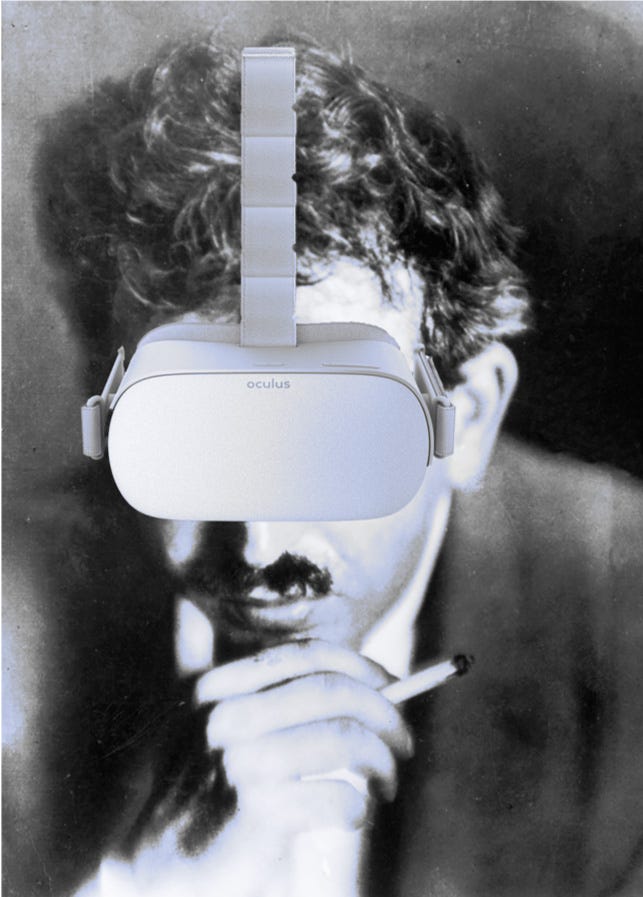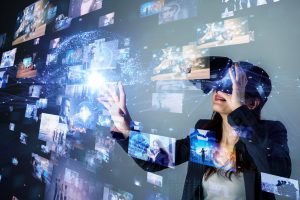I played a lot of video games growing up. My first game was on a gameboy that my mom had handed down to me and my brother. I was obsessed with playing Pokemon Ruby. I could play this game for hours without even noticing. With a game like Pokemon where the objective is to collect and train and battle with the creatures, you can also spend hours just searching the game for new pokemon and you can totally abandon the main storyline. When I was younger I actually didn’t understand the storyline at all, so I just ran around the game strengthening my pokemon without even knowing. When I came back to it several years later I finally understood how to play and beat the game. What was so amazing about a game like this is that you could just play, and you did not have to be constantly reaching a goal. It was just as much fun to enjoy the world it created.
(Amazon.com)
For a brief game analysis of Pokemon Ruby, The choice comes from the first time you play the game. You have to pick who you want to play as, and what your starter pokemon will be. This choice somewhat leads you down a certain path, but all are very similar. After this the challenge arises, you have to defeat a certain number of “gym” leaders. To do so you have to explore the game and find them in different areas, all while collecting pokemon and training them more and more to defeat new and stronger opponents. The change comes from how you play the game. You can take your time and level up as long as you need, or just go as quick and lose a bunch until you level up. As you beat gym leaders the difficulty changes, you start meeting stronger pokemon and other trainers that increase difficulty. And finally the chance portion of it is that the pokemon you encounter is pretty random. You can run around a little pathc of grass one time and encounter a weak pokemon, and the next time it can be a strong, rare pokemon. This keep you very engaged with the gameplay, almost like a gamble if you will find the rare one or not.
(Youtube.com)
This game left an impression on me because of how easy it was to play. You didn’t have to keep progressing like I said earlier. You could just play the game by running around finding new pokemon. This made it very appealing to my 7 year old brain. There was no stress that came with it. Also the portable nature of the Gameboy was very helpful in bringing it on road trips where I could play for hours. As time went on more and more pokemon variations came out on different consoles, making it something that was always being upgraded. Even today I can play the new pokemon and have the same level of excitement.






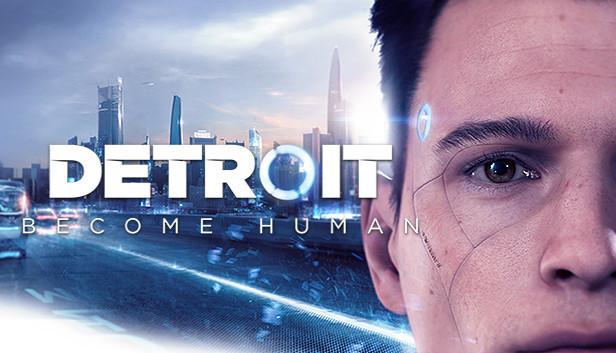
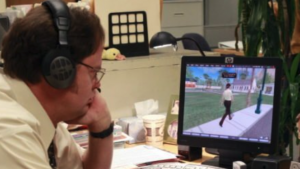


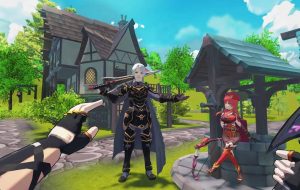

 Nelson’s “Xanadu” concept still remains somewhat unrealized. If you post some artwork online, for instance, the source of the creation will sometimes be lost and you can lose credit for your work. The hyperlinks we have don’t trace back to the original. The state of copyright today is in disarray.
Nelson’s “Xanadu” concept still remains somewhat unrealized. If you post some artwork online, for instance, the source of the creation will sometimes be lost and you can lose credit for your work. The hyperlinks we have don’t trace back to the original. The state of copyright today is in disarray.
/Migrant_Mother_Nipomo_California_3334095096-37e37c052a0745ba9cf9fae3cc5f967b.jpg)
